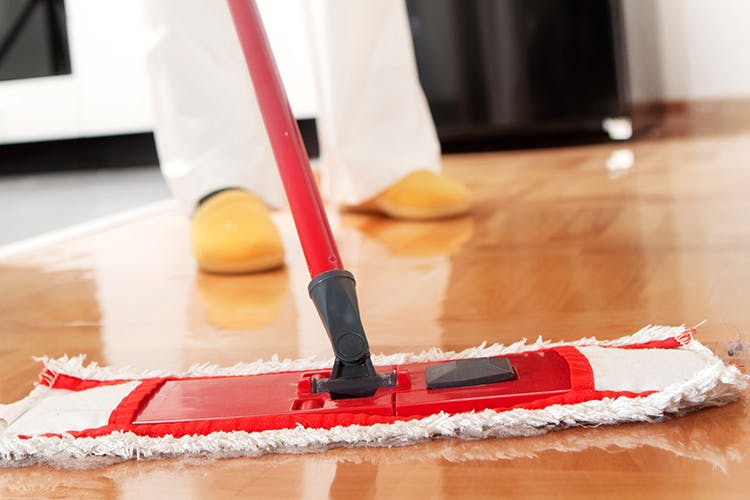Government regulations play a pivotal role in safeguarding the rights and well-being of domestic helpers, often vulnerable individuals employed in private households. These regulations are essential for establishing a framework that ensures fair treatment, reasonable working conditions, and protection from exploitation. By implementing and enforcing specific guidelines, governments can address the unique challenges faced by domestic helpers, contributing to a more equitable and just society. One crucial aspect of government regulations is the establishment of minimum wage standards for domestic helpers. These individuals often perform demanding and essential tasks within households, yet they are at risk of being underpaid due to the informal nature of their employment. Governments can set and enforce minimum wage laws to guarantee that domestic helpers receive fair compensation for their labor. This not only serves to uplift their economic status but also acknowledges the value of their contributions to households and communities.

Additionally, working hours and conditions are significant areas where government regulations play a crucial role. Domestic helpers may be susceptible to excessive working hours, lack of rest days, or even exploitation by unscrupulous 菲傭 employers. Government regulations can establish limits on working hours, mandate rest days, and define acceptable working conditions. These measures help prevent burnout, ensure a work-life balance, and safeguard the physical and mental well-being of domestic helpers. Furthermore, regulations can address issues related to contracts and job security. Clear guidelines on the terms of employment, including contract durations, termination procedures, and dispute resolution mechanisms, provide domestic helpers with a sense of security. This helps prevent arbitrary dismissals and protects their rights in case of disputes with employers. Government oversight ensures that contracts adhere to legal standards, promoting fair and transparent employment relationships. In the context of living conditions, government regulations can establish minimum standards to ensure that domestic helpers have access to safe and habitable accommodations.
This is particularly crucial as domestic helpers often live in the households where they work. Ensuring that living conditions meet basic standards contributes to their overall well-being and prevents potential abuse or neglect. Moreover, regulations can address issues related to health and safety. Domestic helpers may encounter risks associated with their tasks, such as exposure to hazardous substances or unsafe working environments. Government guidelines can stipulate safety measures, training requirements, and the provision of necessary protective equipment. This not only protects domestic helpers from workplace hazards but also underscores the government’s commitment to their welfare. In conclusion, government regulations play a vital role in protecting domestic helpers by establishing a legal framework that addresses various aspects of their employment. From setting minimum wage standards to defining working conditions, ensuring fair contracts, and promoting health and safety, regulations contribute to creating a conducive environment for domestic helpers. By enforcing these regulations, governments demonstrate their commitment to upholding the rights and dignity of domestic helpers, fostering a society that values and respects the contributions of all its members.